We had another very successful IAC meeting in the Boardroom of Racing Victoria with representation from a wide range of member organisations.
Here is a high-level summary of the main things discussed and some thoughts about how you can help us or be involved in progressing some of these areas.
Whole of Industry Survey.
As a Council, we have often discussed the benefits of having an accurate overview of the numbers of horses and people and therefore economic benefits of the Equine Industry in Australia. This helps all of us in making representations to Government about the scale and importance of not just the racing industry, but importantly the entire Equestrian Industry across the country. Many sports have done similar work to quantify the level of engagement with their sport as a solid basis for advocacy for their area of recreation.
Because of the disparate nature of equestrian pursuits, this has been harder to collate.
The AHIC have been in discussions with Paul Limoli, an experienced researcher to scope what doing something similar for the Horse Industry may involve. I attach some information on his proposed approach for your interest and feedback.
The survey isn’t cheap and it isn’t something that the AHIC can afford to commission. We had a good discussion at the IAC about the importance of such a survey and ways it may be able to be done and if there are other approaches (that are cheaper.)
One thought was to see if there could be a question included in next year’s National Census by the ABS. Preliminary research looks like submissions for potential questions have closed. We are investigating if there is a way of purchasing a question in the Census.
Where you come in
Would you consider adding in a few questions to your membership renewals/competition entries as a way of starting to collate some data renewals?
These could include;
• How many horses do you own?
• Do you have horses that have multiple registrations across performance or breed societies (eg; a quarter horse might be registered with the AQHA as well as a number of Western riding competition organisations.)
If we start to collect and retain that information across our member organisations, it would give the survey a head start.
We will be continuing to talk with the survey company on ways to improve their approach and we welcome your suggestions and input. We are also interested in your feedback about how as an Industry we might be able to afford to undertake the survey.
Diana McNaughton – Industry Engagement Manager - Skills Impact.
The meeting had a chance to hear from Diana McNaughton from Skills Impact. Skills Impact’s role as a National Skills Service organisation is to work in collaboration with industry, Government and training providers.
There was discussion around VET training in the Equine sector and the current challenges.
While there are TAFE’s delivering some training, it seems that the way the modules and courses relating to our Industry and split across three areas, rather in one coherent stream.
Skills Impact are looking to us as the representatives of the Horse Industry to give them feedback about what we need and want from the VET sector.
There was considerable discussion around the proliferation of “on-line” training being offered including coaching qualifications. The wide range of non-accredited training was a concern to attendees at the IAC particularly the potential safety issues which may arise from people completing unregulated online courses.
Where you come in
Can you please have a conversation in your Societies and organisations around these questions?
• How important is it to have qualified people employed working in your businesses, competitions and training days?
• Do you find there is a shortage of staff, especially qualified staff?
• Do they know how many people as a % are employed within their membership group that have an equine qualification?
• How important is it that people have a qualification?
• What gaps are there in the VET training that is currently available? Eg; saddle fitting, remedial therapist, nutritionist, trainer/coach.
We would love to hear that feedback at our next IAC as we continue to engage with Skills Impact to advocate for improved training for our industry.
In Brief
Harness Racing Australia notified IAC attendees that they are introducing some serious regulation around the use of the bisphosphonate class such a Tildren for participants of the Harness Racing Industry.
Updates from last IAC
1. Senate Inquiry into the Feasibility of National Horse Register.
It was noted that the Senate Inquiry has invited the AHIC and other organisations that made a submission to address the Inquiry in September.
2. Large Animal Rescue.
Mark Burnell updated the meeting with some excellent progress in being able to create a recognised Large Animal Rescue course adapting the best practice work of Anton Phillips for Australia.
And finally, we acknowledged the sad passing of Alex Morgan, a founding member of the AHIC, Victorian horse council, Life member of the Aust Pony Stud Book society and a passionate advocate of the horse industry.

